Lest see in this article bookshelf vs tower speakers Which is best? When constructing a home sound system or theatre, one of the most essential decisions is what type and size speaker to use. Options include bookshelf speakers and tower speakers, both offering different benefits.
Bookshelf speakers are compact, making them ideal for apartments or small spaces; they also offer great sound quality at an affordable price. Tower speakers often allow for low frequencies and extended bass response but have a larger footprint that may take up more space in your living area.
They tend to be costlier than bookshelf versions but can provide richer sound output at greater volume levels if desired. Choosing between these two types largely depends on your personal preference regarding budget and available space versus sound quality preferences – there’s no single right answer as it comes down to individual needs when selecting audio equipment!
Choosing between bookshelves and tower speakers can take time to decide. However, considering the specifics of your room, budget, and sound preferences, you can find the best option.
Firstly, consider how much space you have in your room, as this will determine whether tower or bookshelf speakers are more suitable. Secondly, consider the size of your budget; this may influence which type is most cost-effective for you.
Lastly, assess any audio needs you may require; do certain sounds need extra support, etc? All these considerations make it easier to select between shelf vs. tower speakers so that they perfectly match your scenario.
In Stereo and Home theater, different types of speakers are used, some are Tower speakers, and others are Bookshelf. These two drives are named because of their size, position, and listening space. Which speaker suits you more depends on your need and many other factors, such as
- Size
- Budget
- Position of System
The main factor is the speaker’s sound, which is ultimately best for you.
Comparison Bookshelf vs Tower Speakers
Bookshelf Speaker: An Overview
Bookshelf speakers are categorized based on size, depending on the space around you during listening. Bookshelf speakers are not placed on a bookshelf; industry term does not sit on the floor. These two-way designs depend on the woofer and tweeter in a smaller cabinet.
Bookshelf speakers can be stand-mounted for the desired setup if no furniture is accessible or, on the other hand, assuming it fits the ideal set-up.
A bookshelf speaker is a small, compact speaker that can be placed on a shelf, desk, or other raised surface. This type of speaker is convenient if you want to avoid speakers taking up space on the floor. Bookshelves speakers come in two variations – active and passive.
Active speakers have an internal amplifier, while passive ones do not need one. If you’re looking for something amplified, powered speakers would be the way to go. They are ideal for those who prefer their music with a bit more oomph than standard speakers offer. There’s no reason why having great sound should mean sacrificing style or convenience when using bookshelf speakers!
With these types of devices, there’s no need to compromise on audio quality, and they allow users to enjoy high-quality sound without having bulky hardware around them at all times. A speaker of this type probably has no built-in amplification, meaning it must be used with another system, such as a stereo or amplifier.
This means it cannot generate sound independently and requires an additional device to work properly. To get the best results, you must ensure the appropriate equipment is available for use alongside the speaker. This could include such items as receivers and amplifiers for optimal performance. By taking these steps, you can rest assured that your listening experience will be at its peak potential.
Tower Speaker: An Overview
Floor-standing speakers are known as Tower speakers, which means that they can easily stand on the floor. Tower speakers nowadays are tall and smart with the in-cabinet size and are a few times bigger with tweeters than Bookshelf speakers.
It has a low-frequency extension with multiple porting and woofers. It has a three-way crossover design with a midrange circuit. It sets the speakers in more frequency ranges. It requires more consideration for placement and used floor space with attractive features.
Bookshelf speakers and tower speakers could be perceived as similar, but there are vital distinctions between the two. Tower speakers stand alone, making them much larger than bookshelf models, which require a shelf or stand for support.
These towering audio devices can come in active or passive variations and often go by the term floor standing speaker due to their ability to remain standing independently. In contrast, bookshelf speakers usually come as passive particular units that rely on external apparatus for stability. Although both desktop and floor-standing loudspeakers possess some resemblances, they still differ significantly from one another when measured against each other’s specific characteristics.
Bookshelf designs tend to be smaller, while tower-type alternatives boast more powerful acoustics with improved bass response levels – thus further promoting its use as a standalone unit without additional accessories.
Generally speaking, both types of speakers offer great sound quality depending on personal preference, yet each design has benefits that allow them to excel in different scenarios, so it’s important to think about how you will most likely utilize your chosen model before making any serious decisions.
Tower speakers tend to be larger than others, giving them a wider range for superior sound quality. This is due to a dedicated bass driver, which gives these speakers an edge. With this extra component, tower speakers can deliver deeper and more powerful audio – something that conventional models cannot match.
The combination of size and power makes floor-standing speakers one of the best options for high-quality audio experiences. They provide excellent sound performance and can fill up any room with sound without much effort – making them well worth considering if you’re after an immersive listening experience.
Bookshelf Vs. Tower Speakers: What Makes the Difference?
When deciding between bookshelves and tower speakers, each has its advantages. Consider which style works well in your environment before making a decision. For instance, bookshelf models are more compact, while towers require additional space.
Moreover, there are differences in sound quality that should also be considered. After considering the merits of both types of speakers, an informed choice can be made about which is best for you. We have provided detailed information on the pros and cons of these two speaker styles to help make the right selection for you – whether it’s a pair of bookshelf speakers or tower ones!
1) Space Requirements
When selecting between bookshelves and tower speakers, a room’s space is an important factor. However, it is about more than where you intend to position them and have enough space – the size of the room should also be considered. The frequencies emitted by the speakers will need to fill up or fill out this specific area accordingly.
Bookshelf or desktop models will likely suffice for small rooms with nearfield listening, as they only require a little output capabilities or bass power. On the other hand, larger spaces accompanied by ample seating would benefit from having tower speakers due to their increased capacity for both volume and deeper bass without needing an additional subwoofer component. When deciding between tower speakers or bookshelf speakers, the choice is clear if you lack floor space but have a shelf or piece of furniture available.
It’s possible to stand-mount bookshelf speakers in instances where no furniture is present, though one benefit of tower speakers is that they don’t require stands and are more compact vertically. If you intend to add a subwoofer into your desktop or tower speaker set up for extra bass, there are factors such as finding additional space for it and the ideal placement location that should be considered.
Before making any purchase decisions, consider the room’s size and shape and what kind of sound quality you’re looking for – whether that means more clarity from desktop/bookshelf combinations or deeper frequencies offered by towers with subwoofers.
2) Budget
When it comes to speakers, the size and quantity of drivers can often be an indication of price. With their larger size and more drivers, tower speakers may cost more than traditional bookshelf models from the same brand or line. However, this is only sometimes the case.
A higher-end bookshelf model with superior-quality parts used in its construction could easily surpass a lesser-quality tower speaker in terms of performance and pricing. Therefore, one should consider the quantity and quality of components when deciding which type of speaker to purchase.
Though the price is important for any budget-conscious buyers, sound quality should remain the primary factor when evaluating different types of speakers–the amount you spend on them does not necessarily dictate how enjoyable they are to listen to!
Ultimately, it depends on how you spread and separate your budget plan with the number of speakers required for your application. Focusing on that, front-stage speakers are, in most cases, the best spot to begin, showing that you have the best sound system pair and focus station, if relevant, to frame a strong groundwork to expand upon.
On the other hand, the decisions for your speakers depend on what you want, like subwoofer support. Generally, tower speakers are bigger, have more drivers, and would be more costly than Bookshelf speakers, and the situation becomes true when you check out the choices inside a solitary brand or line of speakers.
But a bookshelf speaker with greater drives and cupboards will frequently be more costly than a lesser-quality Tower speaker that might be bigger and use more drivers. The quality and in addition to the number of parts utilized in a speaker, will generally show the exhibition of any speaker. But remember that just the cost of a speaker shouldn’t decide how much you will enjoy it after having it.
3) Sound Quality
When choosing a speaker for your audio application, you can pick from two varieties: bookshelf and tower. Each offers different advantages in terms of both sound quality and space requirements. Tower speakers generally require more space than their bookshelf counterparts, making them an attractive option if you want something to highlight your room’s overall aesthetic.
On the other hand, bookshelf speakers may be preferable if you want something easier to blend into its surroundings; they might not make as much of an impact visually but can still provide excellent sound quality. Ultimately, it’s important that whatever choice you make will bring pleasure when listening.
4) Speaker’s Sensitivity
The volume that a speaker can produce is directly related to its sensitivity. This refers to how efficiently it can convert power given from the amplifier into an audible volume. The more sensitive the speaker, the less power it needs to play at higher volumes.
It’s important to note that tower speakers tend to be more sensitive than desktop speakers; therefore, they are better suited for louder sound production without needing too much additional power from the amplifier. Tower speakers may be your best bet if you’re looking for something with enough oomph and energy behind it.
5) Size and Space Matter
Bookshelf and Tower speakers commonly and fundamentally opposed each other in volume and impression. Shelf speakers can be substantially more discrete in some random space however could likewise take up the same type of impression as a couple of Tower speakers in the event or gathering that put noticeably less space in the room on speaker stands.
While Tower speakers have less position flexibility in a room, the tradeoff is ordinarily a bigger and deeper sound system. Bookshelf speakers might be sufficient to occupy a little room. However, they could need help listening when will be present in a large listening room. On the other hand, tower speakers will be more qualified for bigger spaces but offer an extraordinary sound system when placed in smaller rooms.
6) Differences in Sound
Due to the woofer size and smaller cabinets of a Bookshelf Speaker, the low-frequency reaction is limited in a Bookshelf Speaker, and they are frequently matched with subwoofers to cover the low end.
A Bookshelf Speaker’s more modest puzzle and fewer drivers can ultimately deliver a more engaged and deeper picture. The bigger cupboards and a more prominent number of drivers in a Tower Speaker can provide a more extensive scope of frequencies than a smaller speaker.
So, expanding additional drivers can slow the sound system and reduce imaging while carrying out only some of it. One of the main components of speaker sound quality is the capacity to deal with bass, and it’s one of the important things to get squarely in a speaker.
7) A Suitable Speaker for Your Lifestyle
While choosing a speaker for your function, there are fantastic instances of both Bookshelf and Tower speakers to accommodate your listening and space placement. A Tower speaker will require more space overall and might be, to an excellent degree, a point of convergence in your room.
On the other hand, Bookshelf speakers might be more straightforward to mix into a room where the speakers won’t be one of the principal elements of the space. Even though considering the prerequisites and objectives of every kind of speaker depends upon your enjoyable selection and best listening to you.
Bookshelf Vs. Tower Speakers: Which is Best to Buy?
When it comes to choosing a speaker for your application, there are many options of both Bookshelf and Tower speakers to choose from. Tower speakers provide a greater bass response and tend to demand more space, making them a focus point of any room.
On the other hand, bookshelf speakers offer less bass output but can be easily incorporated into a space without drawing too much attention. Ultimately, selecting the right speaker should come down to what you enjoy listening to – that’s the main purpose of having one in the first place!
However, before deciding which type will best suit your needs and wants, consider each option carefully, as they both have different benefits that could make or break your experience. Considering size requirements and sound quality preferences is key when selecting a new speaker system, so consider all possibilities before picking out yours!
Conclusion
Before deciding which is better, knowing your budget, room size, and listening needs is important. Choosing a speaker that gives you a more pleasing sound experience than any other sound system is important.
When we compare both speakers, the tower speaker will need more space and be more of a focal point in your room. On the other hand, when it comes to bookshelf speakers, they are easy to adjust in your room.
The best way to choose between these two speakers is to try each sound system in your room and see the results. The one which will have a more pleasing effect on your ears will be the perfect choice. Choose the speaker which makes your ears comfortable.
FAQs
which one is better between these two speakers?
Both have excellent sound, but when it comes to the better one, it is tower speakers. It has more bass in comparison to a bookshelf. Tower speakers are the perfect choice if powerful bass is more important to you.
What is the average lifespan of a tower speaker?
Tower speaker lasts even for decades if they are properly cared for. Some speakers last even for 60-70 years without having any issues. They don’t need any repairs, but some speakers need to be replaced after some time.
Do tower speakers need to be placed on the floor or somewhere else?
Yes, tower speakers need to be placed on the floor. It is due to their larger size as compared to other speakers. Another reason for the placement of these tower speakers on the floor is their design. It is because they are designed to stand upright.


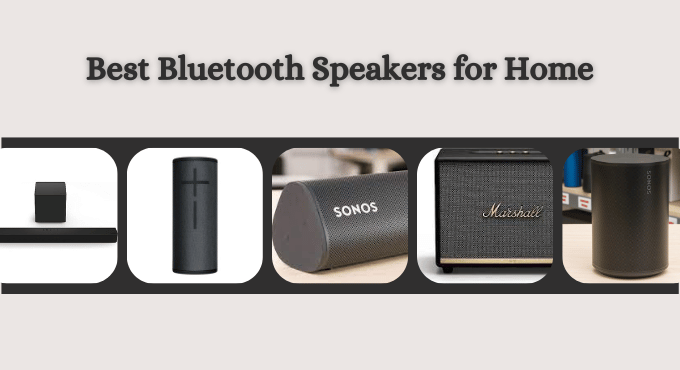
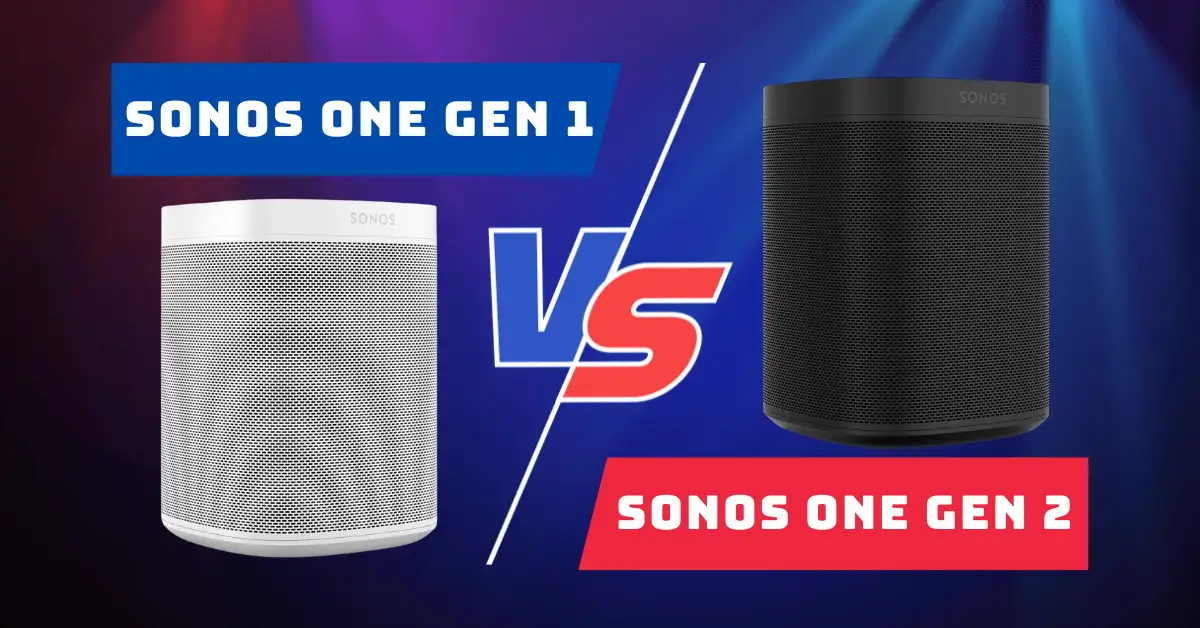




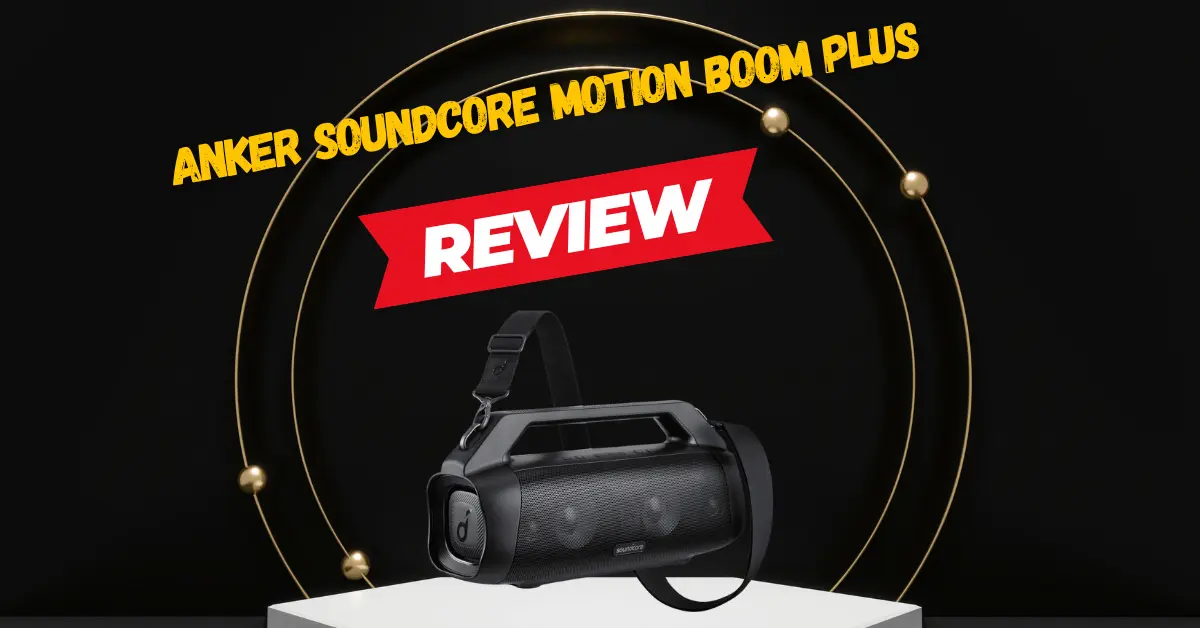
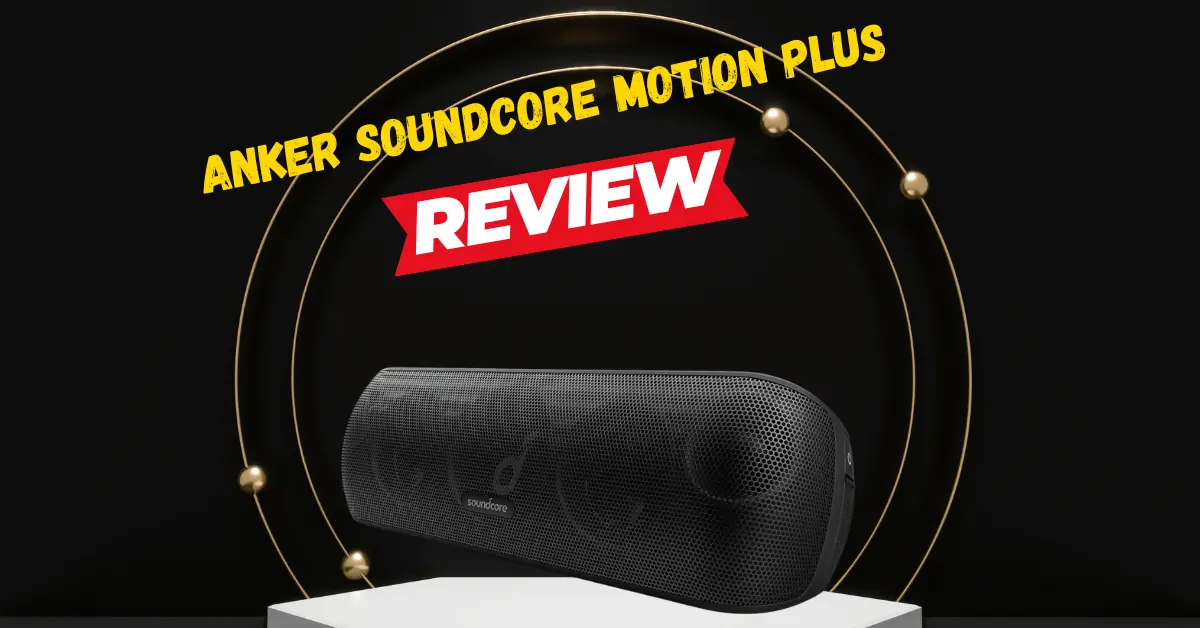
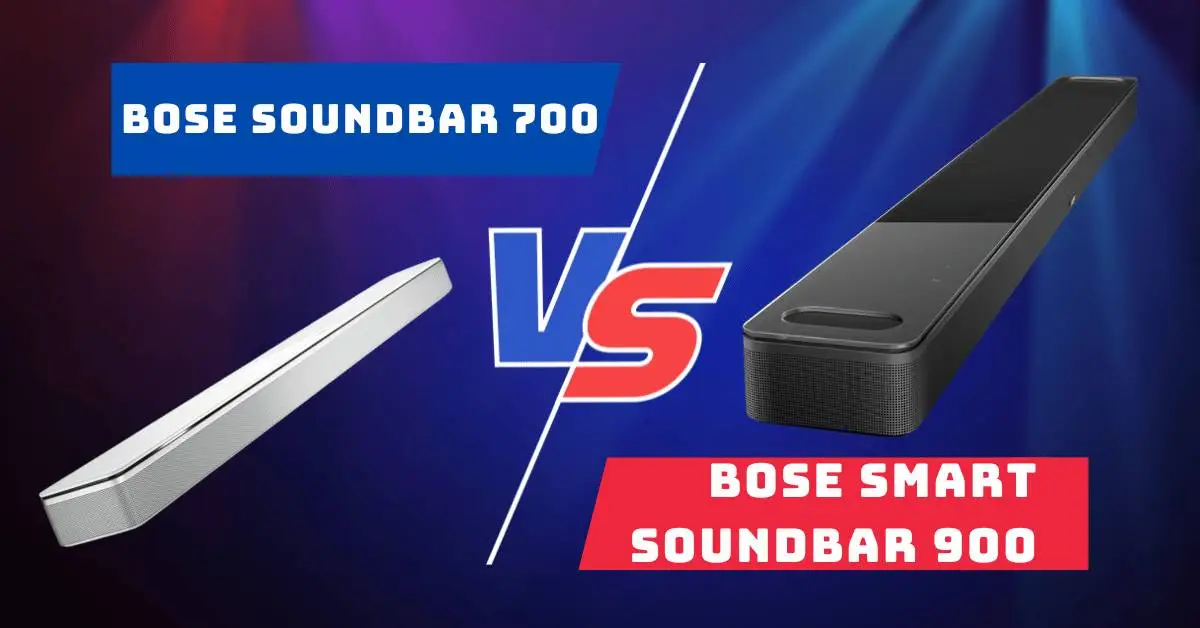


Leave a Reply